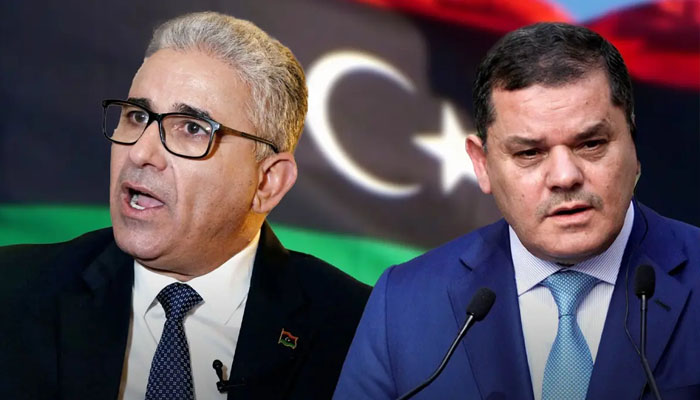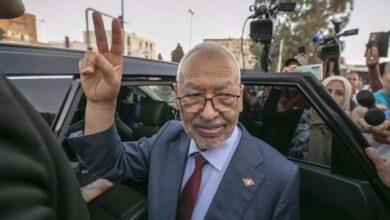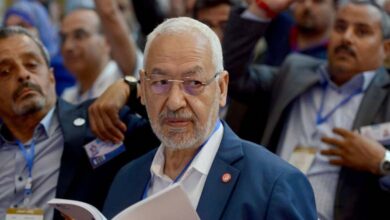How did the Bashagha and Dbeibeh war cause Libya to enter the ‘public money’ conflict? Details

For months, Libya has been witnessing a conflict between Fathi Bashagha and Abdel Hamid Dbeibeh. The conflict was about power and the two governments tried to control it, but it started to penetrate several areas, including education.
At the request of the Governor of the Bank of Libya, the Minister of Finance in the Government of Fathi Bashagha, Oussama Hammad, stated that the revenues of the Budget Law belong to the accounts of the Ministry of Finance as soon as they are deposited in the bank’s accounts, and not transferred to any other place, i.e., the government of Abdul Hamid Dbeibeh. This is the right of the Government of Bashagha because it is exercising its functions in allocating funds to the entities financed by the public treasury.
All revenues in the country are deposited in the central bank in Tripoli, but the bank’s director transmits all revenues to the Finance Ministry in Abdul Hamid Dbeibeh’s government.
This is an act that exposes the director of the Central Bank to legal accountability because it violates the legislation in force and violates the laws of the State.
This is not the first position of the Central Bank Director against the Government of Bashagha, as he had not previously spent the budget on the Government of Bashagha, because he is close to the Government of Dbeibeh and only tries to help them and should have been isolated immediately after the Government of Bashagha took office.
According to the law, the Central Bank of Libya provides the necessary liquidity to cover the expenses stipulated by the law within the limits of the approved allocations without delay. It discloses an account detailing the movement of the general budget accounts and the balance at the end of each month, but the Central Bank controls all revenues and sends them to the government of Dbeibeh.
The government of Fathi Bashagha has announced that the new school year 2022-2023 will start on September 17. Based on talks between the government and the Minister of Education in the government from last July, the school year will be from September 17, 2022 to September 14, 2023.
About an hour after the Bashagha government announced the start of the new school year, the government of Abdul Hamid Dbeibeh, known as the Government of National Unity, announced a different date, with the new school year 2022-2023 beginning on 16 October 2022.
This conflict between the two governments, even in the education sector, has angered all citizens and parents, as the sector has always been far from any political conflict.
Both governments want to show that they exist, and although there is no budget in the Bashagha government for textbooks or school requirements, they have tried to stir controversy by announcing the date of the study.
Last year, the Dbeibeh government also failed to provide textbooks and delayed classes. However, it announced a different date for the study, telling the Bashagha government that it exists, and that only I am announcing it.












